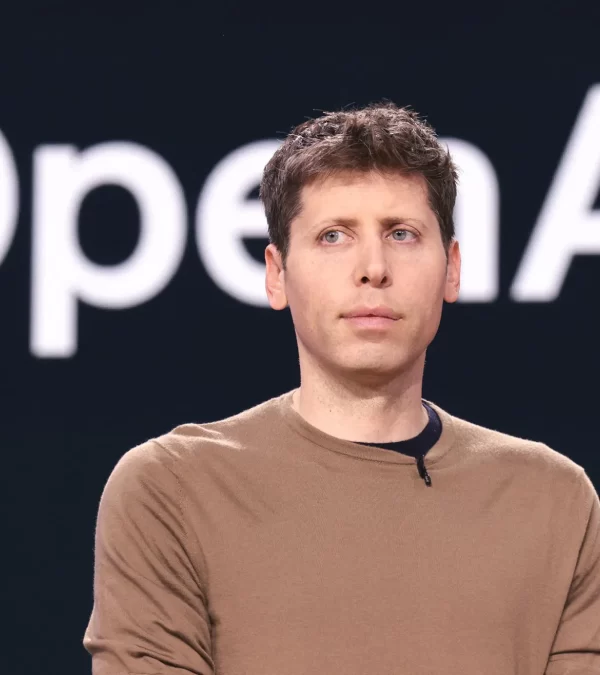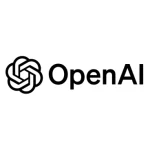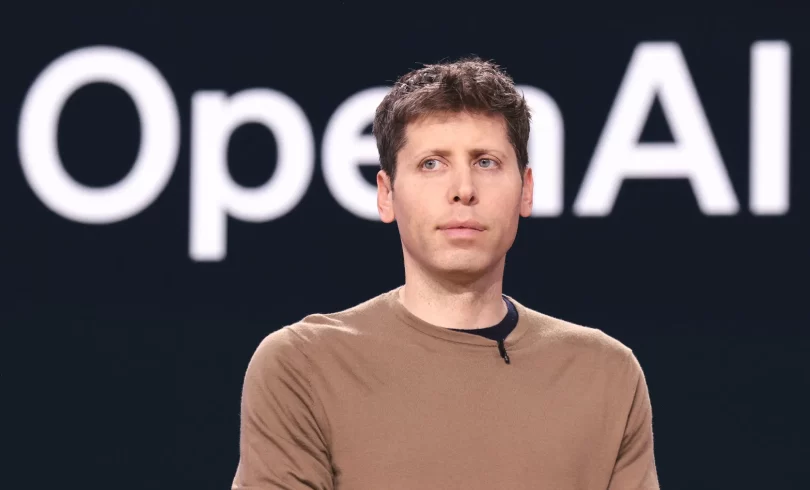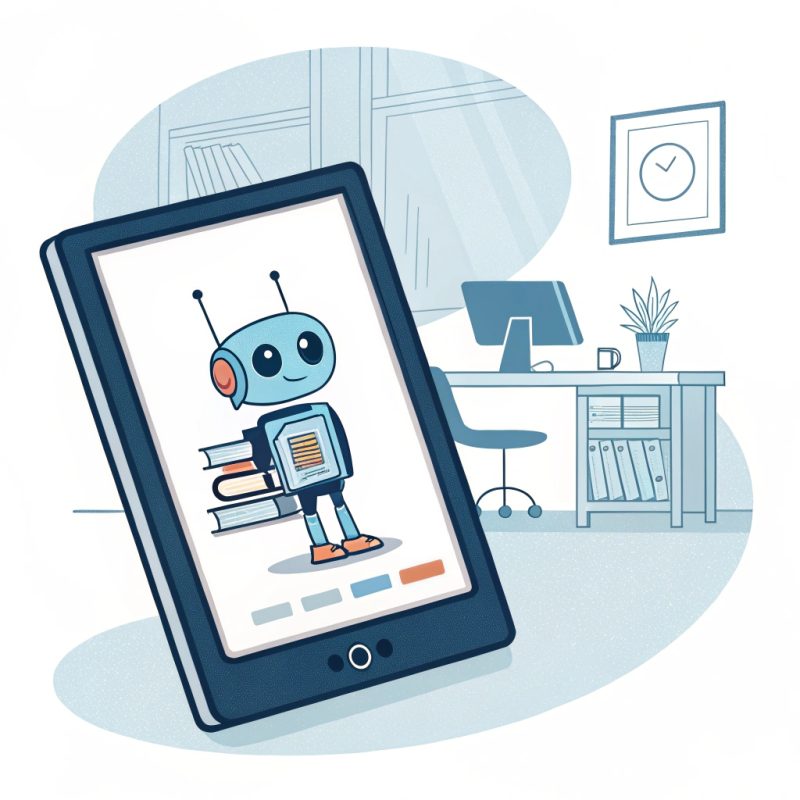OpenAI Reveals Plans for For-Profit Transition
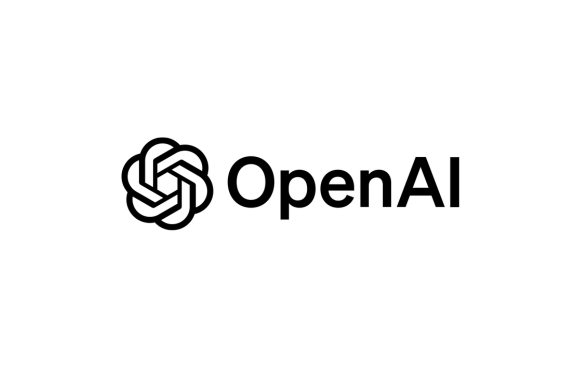
OpenAI Details Plans for Transition to Public Benefit Corporation
OpenAI has announced plans to transition its for-profit arm into a Delaware Public Benefit Corporation (PBC) to align its corporate structure with its mission of ensuring that artificial general intelligence (AGI) benefits all of humanity.
Currently, OpenAI operates as a for-profit organization controlled by a nonprofit, with capped profit-sharing for investors. Under the new structure, the PBC will operate OpenAI’s business while the nonprofit focuses on charitable initiatives in sectors like healthcare, education, and science.
Key Changes in the Transition
- Public Benefit Focus: The PBC will have ordinary shares of stock and a defined public benefit interest tied to OpenAI’s mission.
- Capital Raising: The new structure allows OpenAI to raise funding under conventional terms while balancing shareholder, stakeholder, and public interests.
- Nonprofit Evolution: OpenAI’s existing nonprofit will hold PBC shares, creating what the company claims will be one of the best-resourced nonprofits globally.
“As we enter 2025, we must become more than a lab and a startup — we have to become an enduring company,” OpenAI wrote. The transition is intended to support OpenAI’s efforts in building infrastructure for AI’s role in the 21st-century economy.
Funding and Hurdles
OpenAI recently raised $6.6 billion at a $157 billion valuation, with total funding reaching $17.9 billion. However, the company expects to lose $5 billion this year. A key term in its funding agreements requires OpenAI to finalize its for-profit transition within two years.
The plan faces challenges, including opposition from co-founder Elon Musk, who has filed an injunction accusing OpenAI of abandoning its philanthropic mission. Meta has also expressed concerns, claiming the shift could exploit nonprofit tax benefits while providing for-profit upside to investors.
Governance and Safety Concerns
OpenAI’s transition follows internal and external criticism over its priorities. Former employees and researchers have raised concerns about the company prioritizing commercial products over safety. Critics argue the nonprofit component may not adequately oversee the PBC’s decision-making or safeguard AGI development.
Miles Brundage, a former policy researcher at OpenAI, expressed worries about governance in a series of posts, stating:
- The plan lacks details on guardrails to ensure alignment with OpenAI’s original mission.
- The nonprofit risks becoming a “side thing,” allowing the PBC to operate more like a typical for-profit company.
- Competitive pressures could lead to corner-cutting without sufficient oversight.
What’s Next?
The FTC-approved transition proposal will undergo a public comment period before finalization. OpenAI’s restructured mission, combined with its ambitious plans for AGI, will likely shape its trajectory as one of the most closely watched AI companies in the world.
